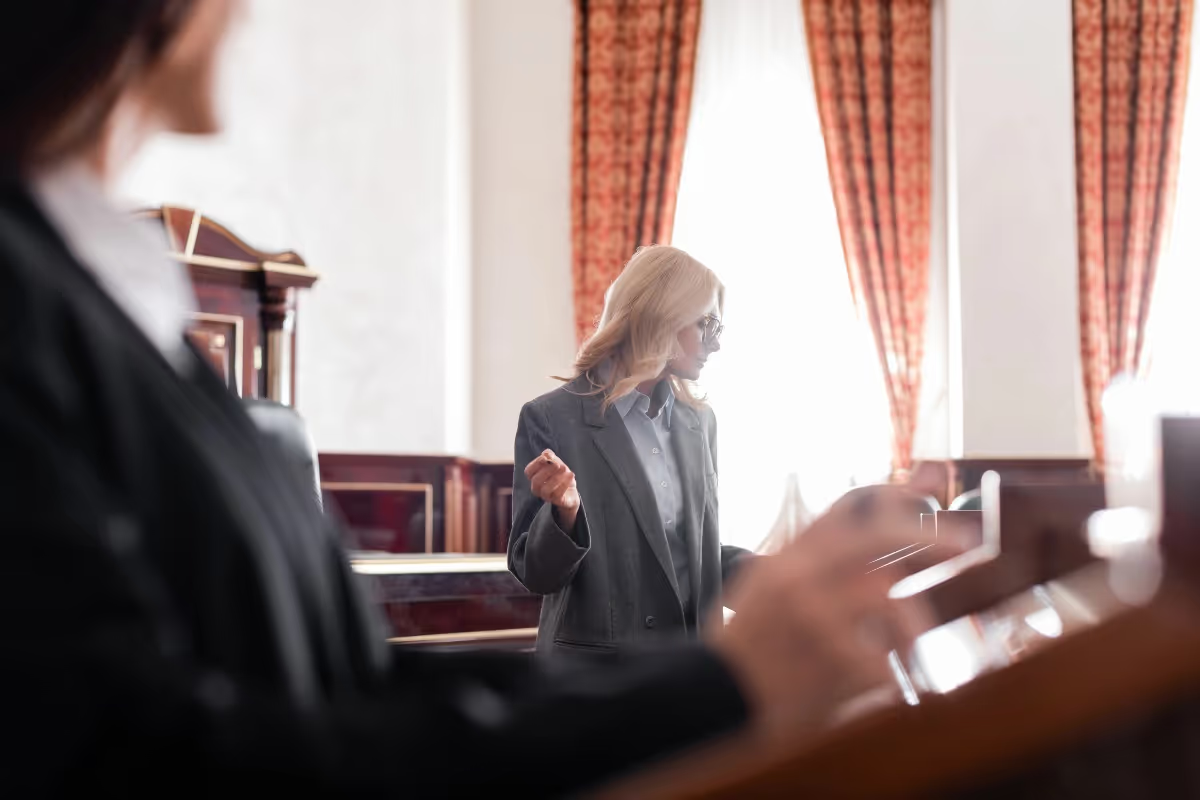What does making indecent images mean?


Many people are unsure what “making” an indecent image actually involves under UK law. In this article, our experienced indecent image solicitors break down the definition and clarify what you need to know if you are under investigation.
What does “making” an indecent image mean?
The legal definition of “making” an indecent image is much broader than many people realise. It does not just apply to the person who originally took the photograph or created the image. It also applies to anyone who causes an indecent image to exist, even temporarily, by downloading, storing, or opening it.
This can be done by:
- Opening an email attachment containing an indecent image.
- Accessing a website where an indecent image appears, including via pop-ups.
- Downloading or saving an indecent image.
- Receiving and opening an image on social media or messaging apps.
- Viewing or live streaming indecent material, where images are automatically created in the device’s cache.
To be convicted, the prosecution must prove beyond reasonable doubt that you intentionally performed an act that resulted in an indecent image being created on your device, and that you knew, or at least had reason to suspect, that it was indecent.
They do not need to prove that you intended to keep the image in your possession or to distribute it further.
What is the definition of an indecent image?
An indecent image is any sexual image of a child, legally defined as anyone under the age of 18. Although 16- and 17-year-olds can legally engage in consensual sexual activity, they cannot legally consent to sexual images being taken, shared, or possessed.
Indecent images also include computer-generated or AI-created material, sometimes referred to as pseudo-images. These may be digitally altered photographs of real children or entirely AI-generated images. Even when no real child is directly involved, such images are still illegal.
Indecent images are divided into categories based on severity, using the Child Abuse Image Database (CAID):
- Category A: Penetrative sexual activity.
- Category B: Non-penetrative sexual activity.
- Category C: Sexual posing or erotic content.
These images can exist in both digital and physical formats. A person can be prosecuted if police find:
- Photographs, films, or negatives.
- Deleted files that can be recovered from a device.
- Tracings or drawings based on an indecent image.
- Pseudo or AI-generated material.
- Data files or pop-ups that can be converted into images.

What is the punishment if found guilty of making an indecent image?
Making indecent images is a very serious criminal offence with harsh sentencing guidelines. If found guilty, you can be sentenced to up to 10 years in prison. You will also be placed on the Sex Offenders Register.
The sentence depends on a number of factors, including:
- The number of images involved.
- The category of images.
- The age of and number of children depicted
- Whether it is a repeat offence.
- Any evidence of steps taken towards rehabilitation.
The courts may also impose other penalties, like restrictions on internet usage, access to children.
In some cases, community-based sentences are given for “less serious” offences.
How do police find out if you have made indecent images?
The police have a number of ways to see when people have made indecent images, including:
- General public making reports (e.g. friends/family, colleagues).
- Reports from tech companies like Internet Service Providers and Cloud Storage Providers.
- Reports from international agencies (e.g. National Association of Missing and Exploited Children).
- Payment records, such as credit card details, linked to subscriptions on illegal pornographic websites.
- Evidence gathered during undercover online police operations.
- Indecent material uncovered during forensic analysis as part of another investigation.

How do the police prove you have made indecent images?
Once the police suspect you of making indecent images, they can try to prove you are guilty by:
- Seizing and analysing devices - forensic examination of computers, phones, tablets, hard drives, memory cards, and other digital storage. Even deleted files can be recovered.
- Interviews - they may interview you under caution, giving you the chance to explain or deny the allegations.
- Linking activity to you - they will look at IP address, payment details, usernames, login details, browsing history, file paths, timestamps, and more to connect the making of the images to you.
- Expert testimony - they may call upon forensic specialists to confirm how the images were created, altered, or stored, and to prove they are “indecent” and what category.
- Other evidence - they may use witness statements, tech company reports, and more to further strengthen their case against you.
How can you defend against indecent images charges?
There are a number of defences you can use to defend against indecent image charges, either to get the case dismissed or to seek lesser charges.
Defences you may rely on include:
- You had no knowledge the images existed or how they were made.
- You had no reason to believe that you were downloading or going to be shown indecent images.
- Your age or immaturity meant you didn’t understand the situation.
- You have no prior offences and are known to be of good character.
- You have mental health problems or learning difficulties.
- You have demonstrated remorse for your actions and have actively sought rehabilitation.
- You were mistakenly accused.
- The images have been incorrectly classified.
- There have been procedural errors with the case that means the evidence cannot be relied upon.
- You acted under duress or pressure.
With a good, private (not legal aid) defence solicitor, you can use pre-charge engagement to present your defence early and get your case dropped before you are ever charged.

How many indecent images cases get dropped?
The data available for 2023-24 suggests that in England and Wales, 28% of indecent image cases are dropped pre-charge, with 13% of cases resulting in conviction. Read more about how many indecent image cases get dropped here.
With an experienced criminal defence solicitor who specialises in sexual offences, you could potentially have your case dismissed without any charges. It’s important to seek help as soon as you become aware that allegations have or may be made against you.
Facing potential charges for making indecent images?
At Holborn Adams, defending sexual offence charges is our speciality. Our team is led by Andrew Ford, one of the UK’s leading sexual offence defence solicitors. We have a wealth of experience successfully challenging indecent image cases, ensuring our clients’ cases are dropped before any charges are ever made.
If you are facing an indecent images investigation, please do not waste any time. Contact our indecent image solicitors today.




